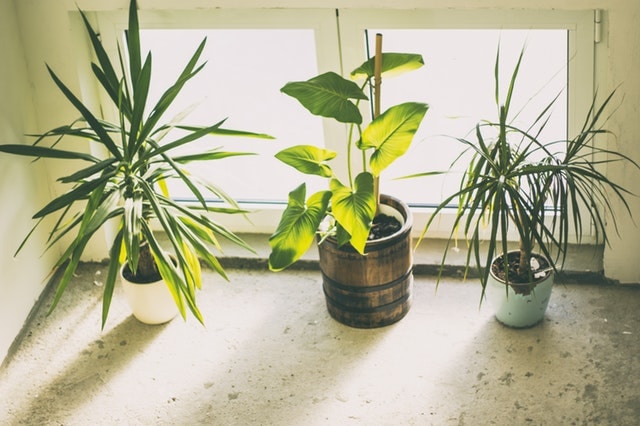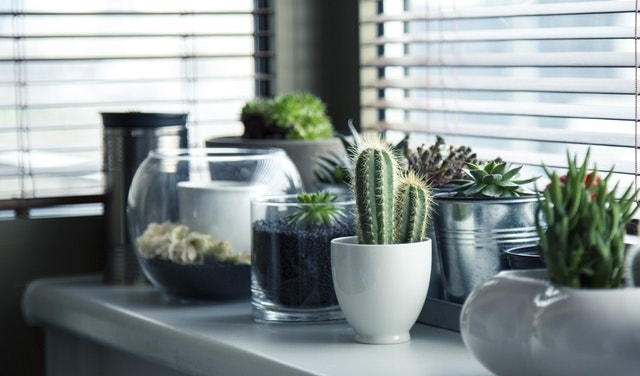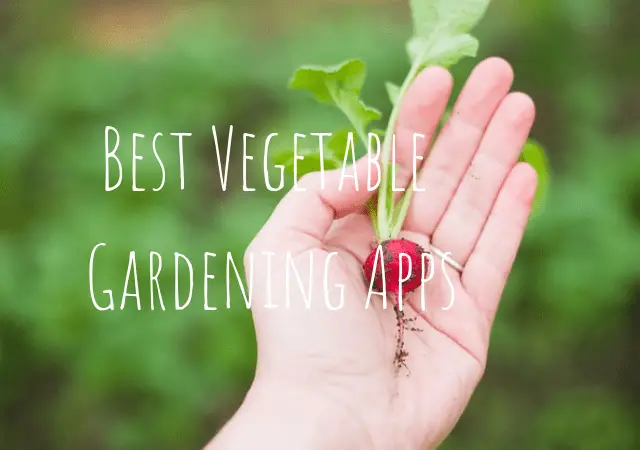We all know that manure is beneficial for the soil. When soil absorbs manure, it releases nutrients, thus making the soil rich, which is ultimately beneficial for the plant we grow. One of the most important features of mixing manure in the soil is that it makes the soil retain its moisture levels also leaching of nitrates in the soil. Thus adding too much manure will increase the nutrients too much resulting in too fast plant growth. When a plant grows faster than it’s usual speed, it isn’t able to produce enough pesticides to protect it from insects.
Some people think that using too much manure will be a good thing for their garden, but the reality is if you will mix too much manure in the soil, you will make your garden soil poisonous. It will be harmful to your plant. If your compost is home-made that is mostly from plant and animal waste, then it’s phosphorous level is 3-0.5-1.5. Whereas commercial manure compost has an NPK value of about 1-1-1.
Problems with High Phosphorous
When the level of phosphorous is too high in the soil, it resists it from absorbing manganese and iron, thus making soil nutrient deficient. This has a very bad effect on the leaves of the plant. This phosphorous can stay in your soil for years. Basically, you can’t lower the level of phosphorous in soil but you can neutralize it a bit.
How to correct High Phosphorous
Unfortunately, you can’t reduce phosphorous levels in your garden soil, within a few months, it takes years to neutralize it. One should begin by avoiding the use of fertilizers containing phosphorous. Avoiding the addition of phosphorous for some seasons will help in correcting high phosphorous. All the fertilizers contain numbers embedded on their top in the format of X-X-X, the first number represents nitrogen, second phosphorous, and third potassium. So find a fertilizer with second number 0.
You can grow some nitrogen absorbing plants, in soil with high phosphorous levels, it helps in increasing the nitrogen levels and at the same time wouldn’t fertilize it with phosphorous. It will help in absorbing excess nutrients from the soil and maintaining the balance. Another method is to spray foliar zinc and iron on plants planted in soil with a high phosphorous amount. Spraying zinc and iron helps in maintaining the health of the plants.
According to a study, mixing 1 % of foliar zinc and iron with water and spraying on the plants atleast twice every week will be very beneficial.
Planting in Compost without Soil
You may think that can one grow plants in compost only, without soil. Answer is, Yes you can but not as well as compared to soil. Compost can’t provide all the nutrients a plant need, also it sometimes can be too rich in nutrients like ammonia, making it more salinity. Also, it could create problems in water retention and stability. When we use compost with soil, it acts wonders in water retention but when used alone it drains water quickly, thus dries out.
Another issue with compost is that the plants can’t grow longer roots thus resulting in weaker root system. Also, it will keep on evaporating thus you will need to refill it again and again every week. So, I would not suggest this option to plant in compost without soil.
Replacing Fertilizers with Compost
If you are thinking whether we can completely replace fertilizers with compost then answer is NO, you can’t. As we know that compost doesn’t necessarily have all the chemicals required for the plant. If you are thinking that fertilizers only compose of Nitrogen, phosphorous and potassium then you are wrong, they contain atleast a dozen of other micro-nutrients too, which are very helpful for plant growth.
How long a Compost Last
It is a genuine query, how long a compost can last? Whether it be commercial compost or homemade compost, both can last for more than a year if sealed. Ofcourse, it’s volume and and microbial growth will decrease significantly.
Some common Compost problems and their Fixtures
1. Too Wet
A very common problem is too much moisture in the soil. It creates a bad smell, invites flies, insects, etc into your soil. The main reason is mixing fresh compost instead of balancing it with dry materials. It creates microbial growth too. Materials with high water content like vegetables peels etc fill air spaces with water. You can mix these fresh materials with dry brown carbon-rich materials, this will help to solve this issue. If it is still wet then you can dig it completely and create some air space.
2. Too Acidic
Sometimes if your compost becomes too acidic, then try to add some water to make it basic again. It can be a great factor in growth.
Also read:
How to Get Rid of Bugs on Houseplants Home Remedies
10 Best plant disease identification apps
Best Succulent Identification Apps
How to Grow Lemongrass Indoors



